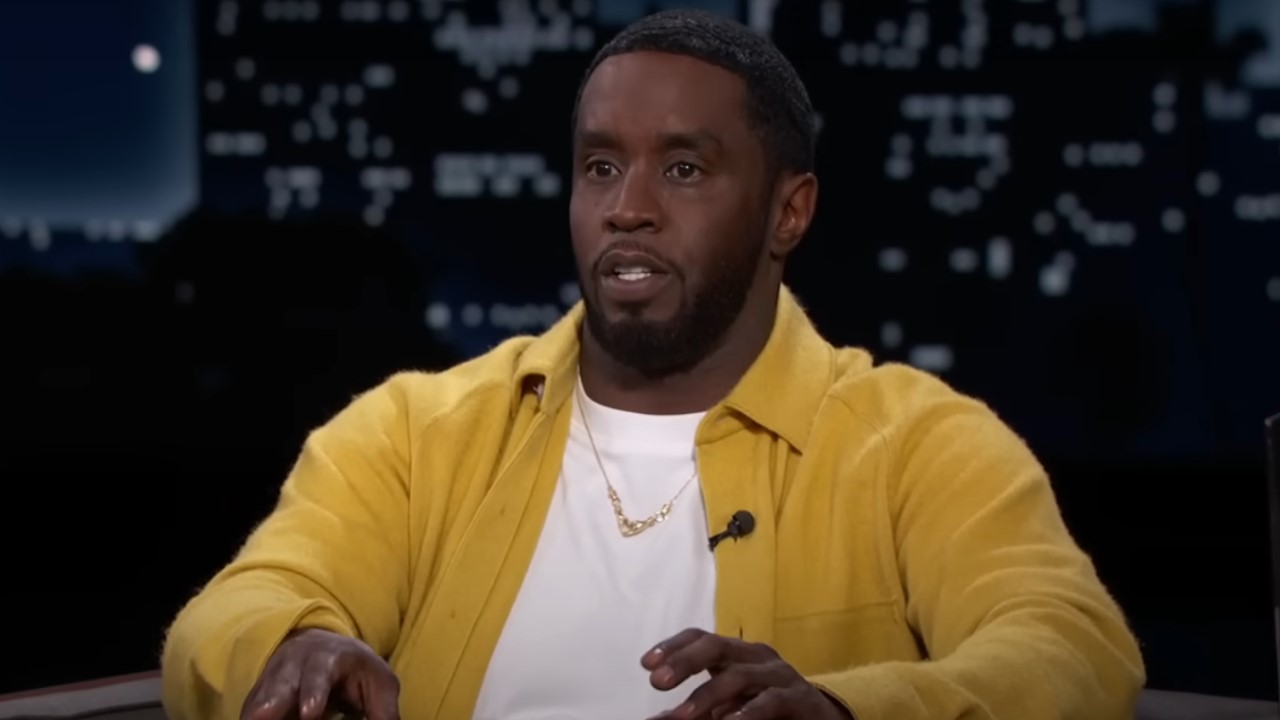One Way Cable Companies Are Losing A Lot Of Money, According To A New Report

The cable TV industry isn't doing so well nowadays. Cord-cutting is a growing trend as consumers abandon traditional cable packages in favor of streaming packages that may be cheaper, more convenient, and/or more individualized. Basically, cable companies were already losing money due to consumers cutting cords. Now, a new report finds that cable companies could be losing a lot of money due to another trend: password-sharing.
Recent years have seen cable companies providing access to consumers on a variety of devices, requiring only a password for access to content. While the convenience was obviously a big plus for customers, it also enabled a lot of people to potentially get cable for free via using the passwords of folks who actually do shell out the money for a package. The password-sharing constitutes a form of piracy, according to Disney and ESPN vice president Justin Connolly, and it seems to be pretty widely accepted. Market research company Parks Associates recently released a report (via Bloomberg) indicating that the cost is already high and will only get higher.
According to the report, one third of internet users already stream cable TV by using the password of somebody with whom they do not live but who does pay for the access, and the industry loss in 2017 will equal out to $3.5 billion. Estimates place the industry loss at up to $9.9 billion by 2021. Since cable is already losing customers to streaming services, the lack of revenue from people who are watching TV via password-sharing rather than subscription seems like a very big deal.
That said, not all companies are shaking in their figurative boots at the idea of huge losses due to password-sharing. A spokesperson for HBO has stated that no economic impact on password-sharing has been noted, which may come as a surprise. After all, Game of Thrones has been one of television's most pirated shows, and the HBO Now service makes it very, very easy to watch HBO via streaming.
Naturally, there are steps being taken to try and stop or at least reduce the prevalence of password-sharing. Currently, many pay-TV services only require consumers to deal with re-entering passwords into devices once per year. That may change, as some companies are reportedly considering finding ways to restrict the number of concurrent streams from one account on apps, as well as require subscribers to log in more often. ESPN has already taken such steps, reducing the number of allowable simultaneous streams to five and may even cut it down to three, which is a big drop from the original ten allowable simultaneous streams.
At the same time, cable companies and individual networks can likely only go so far in adding restrictions in an era of cord-cutting. Now that consumers have options other than traditional cable packages, they could make the choice to simply give up cable if they get frustrated with the changes and choose a digital package. Something will undoubtedly change; we'll just have to wait and see how far the companies are willing to go.
Stay tuned to CinemaBlend for the latest in TV news, and don't forget to check out our midseason TV premiere schedule for what you'll soon be able to watching on network and cable. If streaming is more your style, our 2018 Netflix premiere guide is the place for you.
CINEMABLEND NEWSLETTER
Your Daily Blend of Entertainment News

Laura turned a lifelong love of television into a valid reason to write and think about TV on a daily basis. She's not a doctor, lawyer, or detective, but watches a lot of them in primetime. CinemaBlend's resident expert and interviewer for One Chicago, the galaxy far, far away, and a variety of other primetime television. Will not time travel and can cite multiple TV shows to explain why. She does, however, want to believe that she can sneak references to The X-Files into daily conversation (and author bios).









